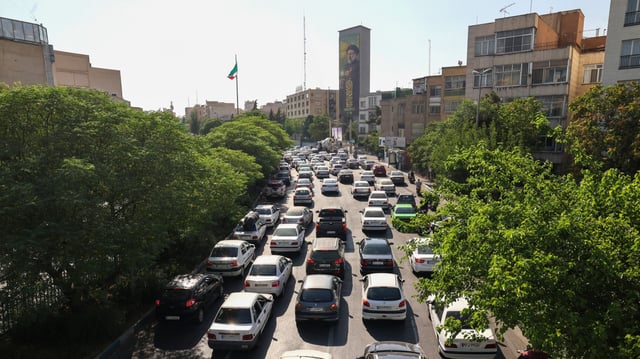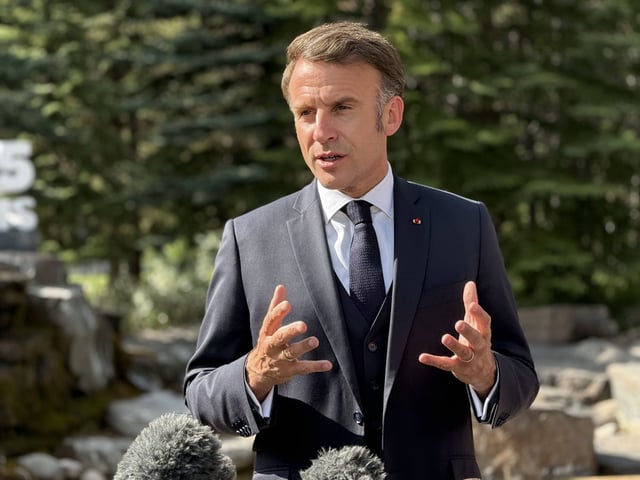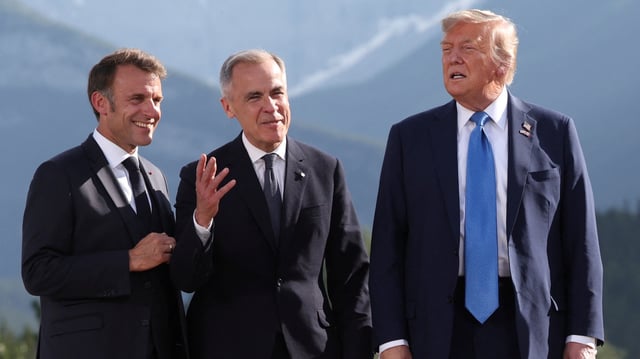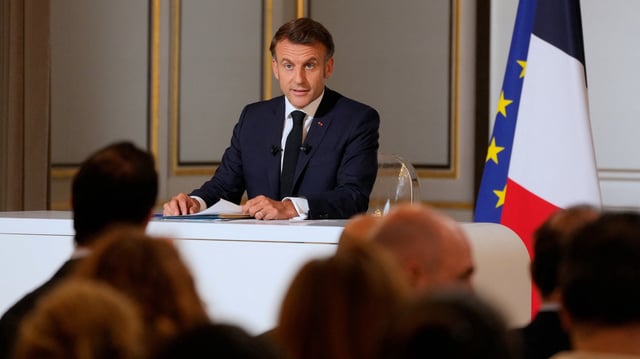Overview
- Israeli and Iranian forces exchanged ballistic missiles and defensive interceptors for a sixth consecutive night, with Iran firing hypersonic Fattah-1 missiles and Israel downing incoming drones.
- President Trump convened his national security council and publicly demanded Iran’s “unconditional surrender,” warning that its Supreme Leader could be targeted if hostilities persist.
- The United States reinforced its Middle East posture by redirecting the Nimitz aircraft carrier to the region, closing its Jerusalem embassy for security reasons and forming a task force to assist American citizens.
- Civilian populations have suffered heavily, with at least 224 fatalities in Iran and 24 in Israel, mass evacuations in Tehran, widespread fuel and food shortages and a crippling cyberattack on Iran’s banking system.
- G7 members and President Macron cautioned against forcible regime change, urging immediate de-escalation and renewed diplomatic engagement to prevent a wider regional conflagration.



